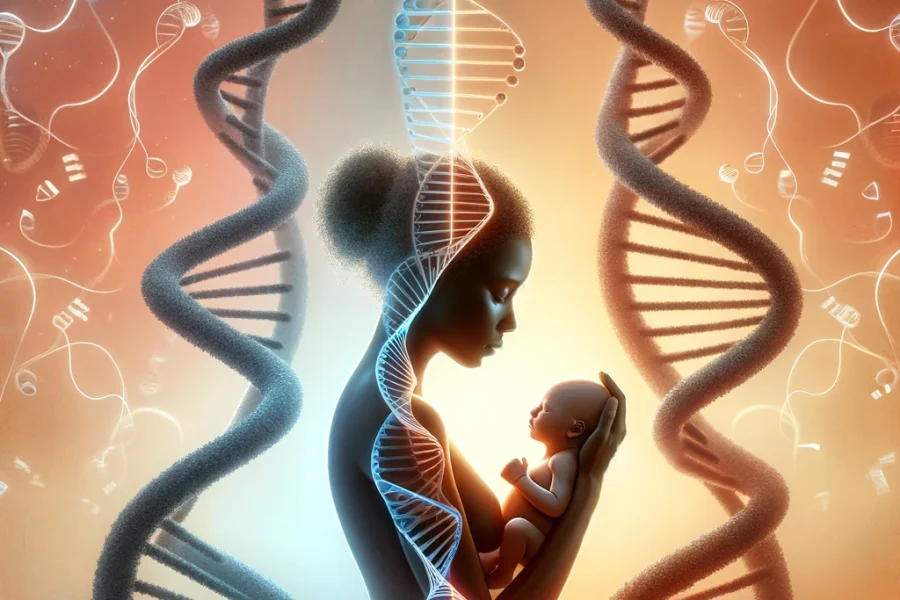[php_everywhere]
Customary adoption in Ghana is a form of adoption that is deeply rooted in the cultural and traditional practices of the country’s various ethnic groups. Unlike formal statutory adoption, which follows a legally defined process involving courts and legal documentation, customary adoption is typically governed by the customs and norms of the community.
Key characteristics of customary adoption in Ghana include:
1. Community-Based Practice: Customary adoption is often a community-oriented process, involving the agreement and acknowledgment of family members and other key community figures. It is less about legal formalities and more about social and familial acceptance.
2. Expression of Intent: The individual or family wishing to adopt a child must express their intention to do so, usually in the presence of witnesses. This expression of intent is a crucial element of the customary adoption process.
3. Consent from Natural Parents and Family: The consent of the child’s natural parents and family is typically required. This consent can be explicit or inferred from their behavior and conduct. The child’s wellbeing and the ability of the adopting family to provide for the child are paramount considerations.
4. Integration into the Family: In customary adoption, the child is integrated into the adoptive family, often treated as a biological child, and assumes the rights and responsibilities as such within the family structure.
5. Lack of Formal Legal Procedures: Unlike statutory adoption, customary adoption does not necessarily involve legal procedures, paperwork, or the involvement of legal institutions. It is based more on traditional practices and mutual agreements within the community.
6. Recognition by Law: While customary adoption is primarily governed by traditional practices, it is recognized to varying extents under Ghanaian law, particularly in matters of inheritance and family rights.
The case is Patrick Ankomayi & Gyimiamah Ankomayi vs Hannah Buckman, Susan Amoah, Edward Amoah (Suit No. J4/43/2013), sheds light on the legal perspective of customary adoption in Ghana.
In this case, the Supreme Court of Ghana dealt with the issue of whether the plaintiffs were customarily adopted by Kojo Amoah and thus entitled to inherit his property. The plaintiffs claimed they were customarily adopted by Kojo Amoah and sought inheritance rights over his property.
The Supreme Court, however, found that the plaintiffs were not customarily adopted by Kojo Amoah. The court emphasized that the essentials of a customary adoption, such as the explicit expression of the adopter’s intention to adopt the infant before witnesses and the consent of the child’s natural parents and family, were not met in this case. The court underscored that mere upbringing and care by a family member do not constitute customary adoption. Consequently, the plaintiffs were not entitled to the inheritance of the property in dispute.
This case highlights the importance of adhering to specific customary practices and criteria for a customary adoption to be recognized legally in Ghana, particularly in matters of inheritance. It underscores that customary adoption is distinct from statutory adoption and must be substantiated within the traditional and cultural norms of the relevant community.
Disclaimer: The information you obtain from this article is not, nor is it intended to be, legal advice. You should consult a lawyer for advice regarding your individual situation. Contacting us or viewing this blog does not create lawyer-client relationship.










